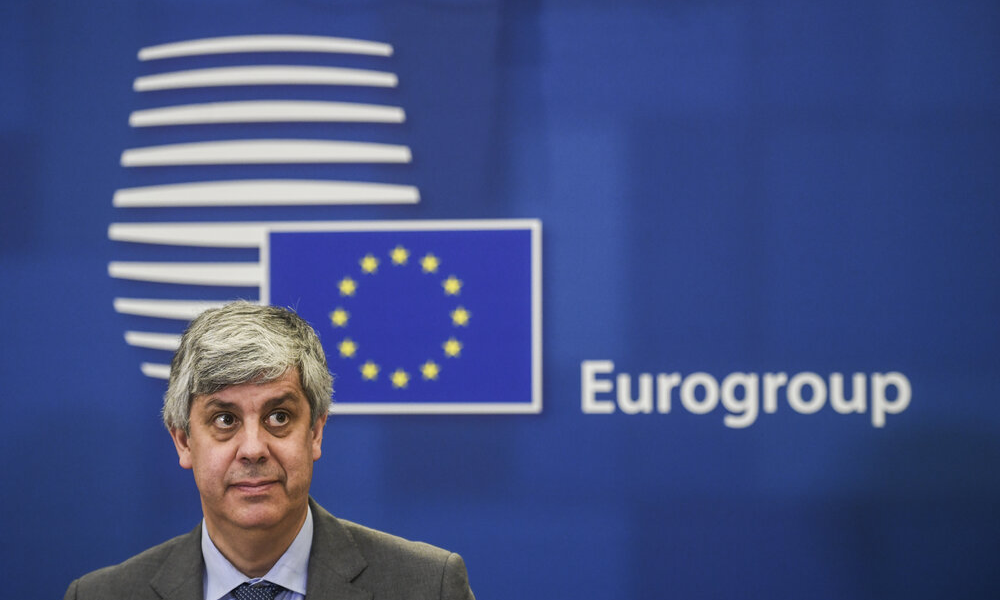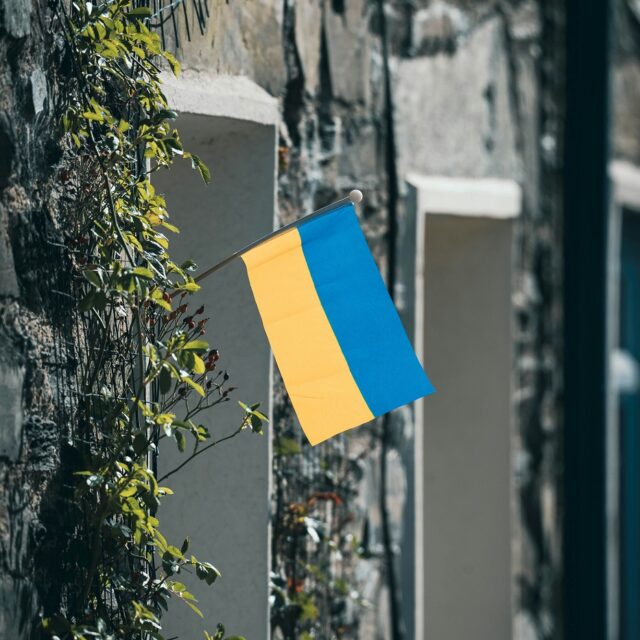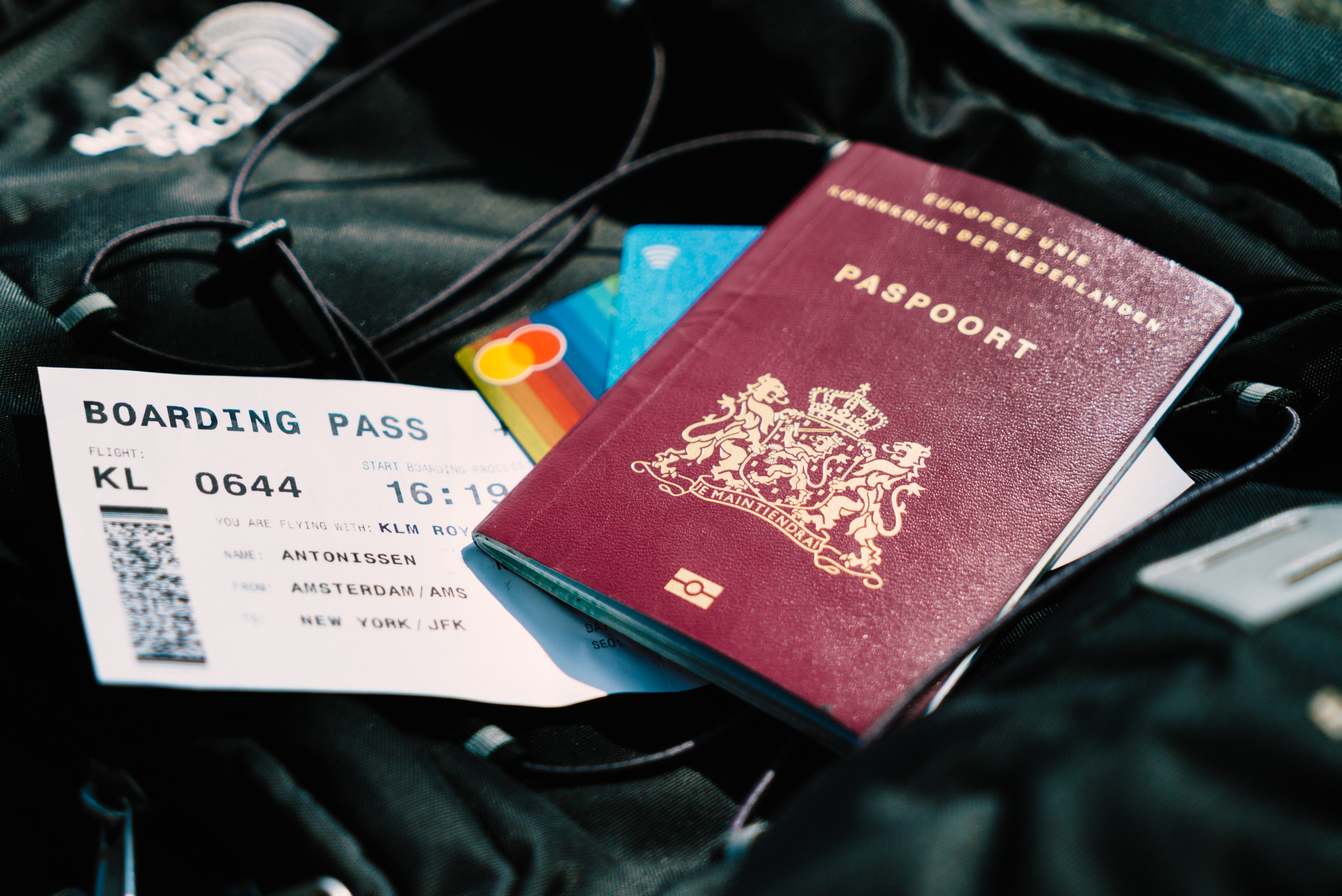Three ministers have put forward their candidacy to become president of the Eurogroup:
- Nadia Calviño, Deputy Prime Minister and Minister of Economic Affairs and Digital Transformation of Spain – Bio – Motivation letter;
- Paschal Donohoe, Minister for Finance and Public Expenditure & Reform of Ireland – Bio – Motivation letter;
- Pierre Gramegna, Minister for Finance of Luxembourg – Bio – Motivation letter.
The election of the new president will take place at the next Eurogroup, on 9 July. The President is elected by a simple majority (at least 10 votes) of the Eurogroup ministers, in line with the Treaty’s Protocol 14 on the Eurogroup.
The winner will be announced to the ministers at the end of the vote and presented at the Eurogroup press conference at the end of the meeting.
If none of the candidates receives at least 10 of the 19 votes by the Eurogroup ministers at the end of the first voting round, each candidate will be informed individually of the number of votes that he/she has received. Candidates will then have the opportunity to withdraw their application. Voting will take place until a simple majority is reached on one of the candidates.
The new president will succeed Mário Centeno upon the expiry of his mandate, on 13 July 2020, for a period of 2,5 years.
The Eurogroup is an informal body where ministers of euro area member states discuss matters of common concern in relation to sharing the euro as the single currency. It focuses on the close coordination of economic policies. It usually meets once a month, on the eve of the Economic and Financial Affairs Council meeting.
The first Eurogroup meeting took place on 4 June 1998 in Luxembourg. The first president of the Eurogroup was Jean-Claude Juncker. He was succeeded by Jeroen Dijsselbloem and then by Mário Centeno in 2018.




